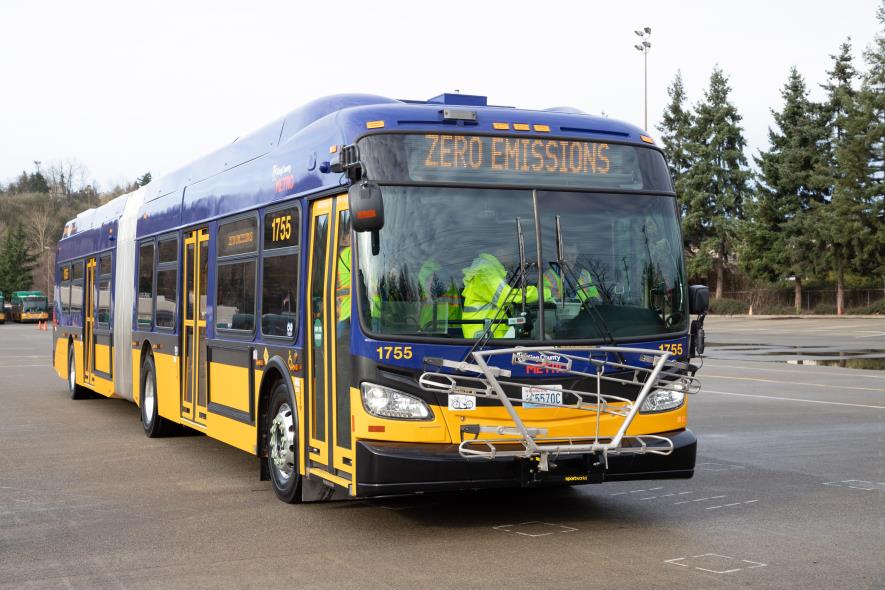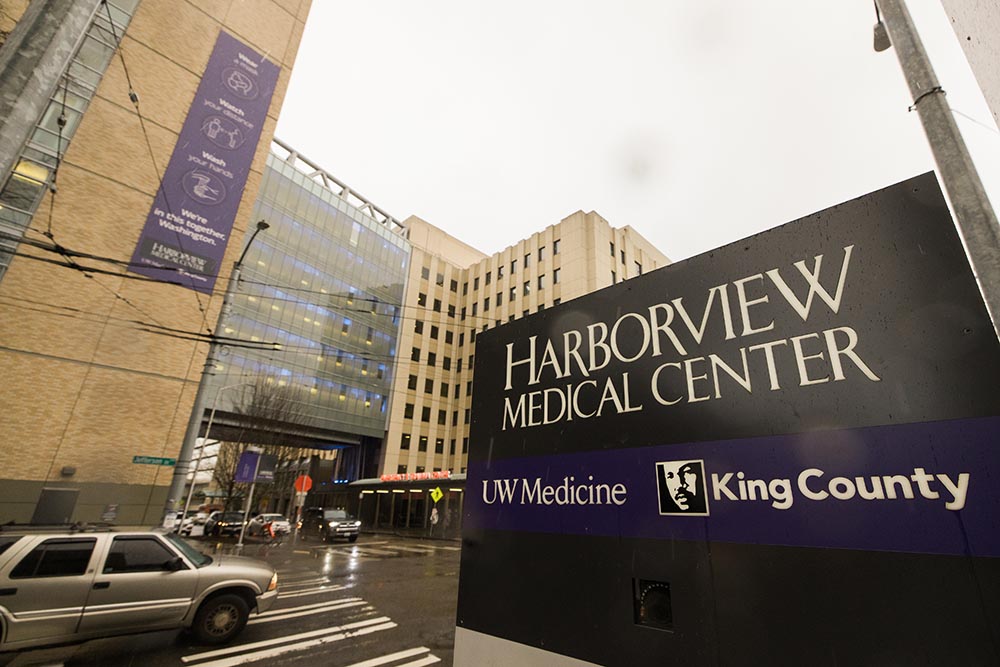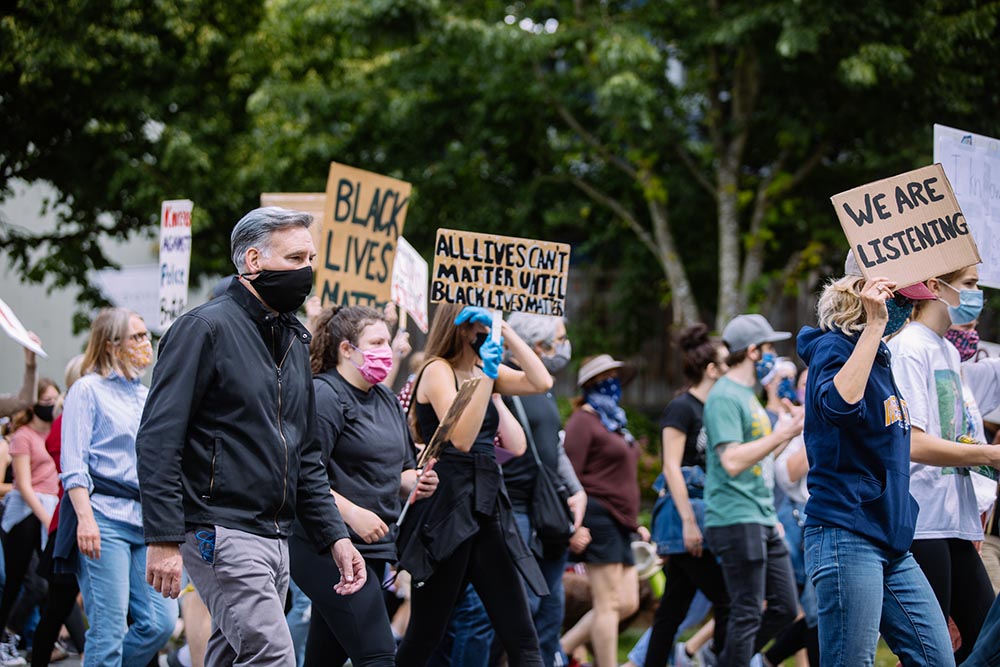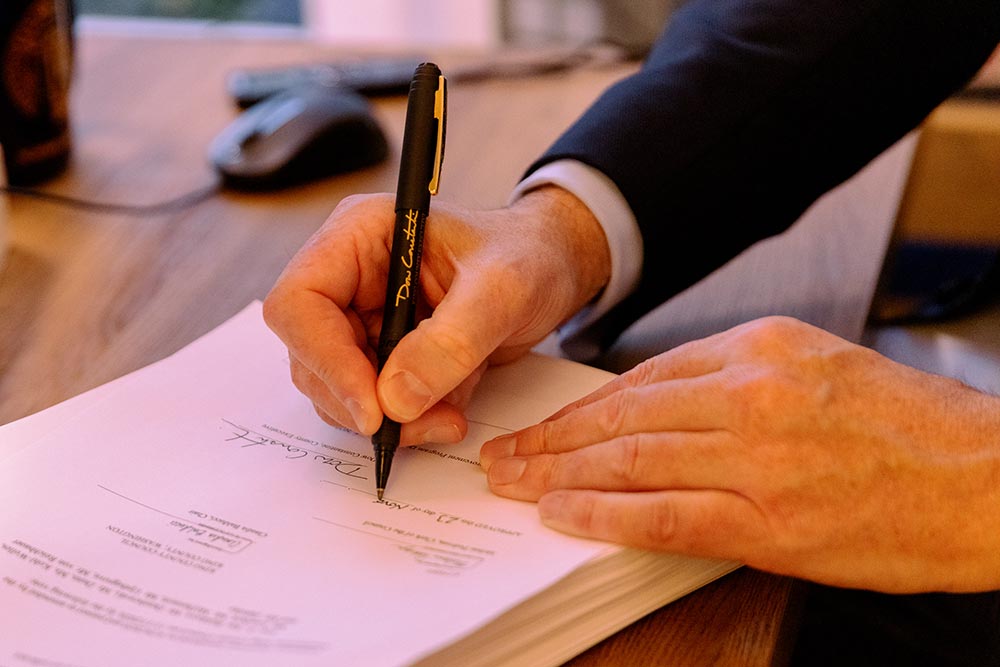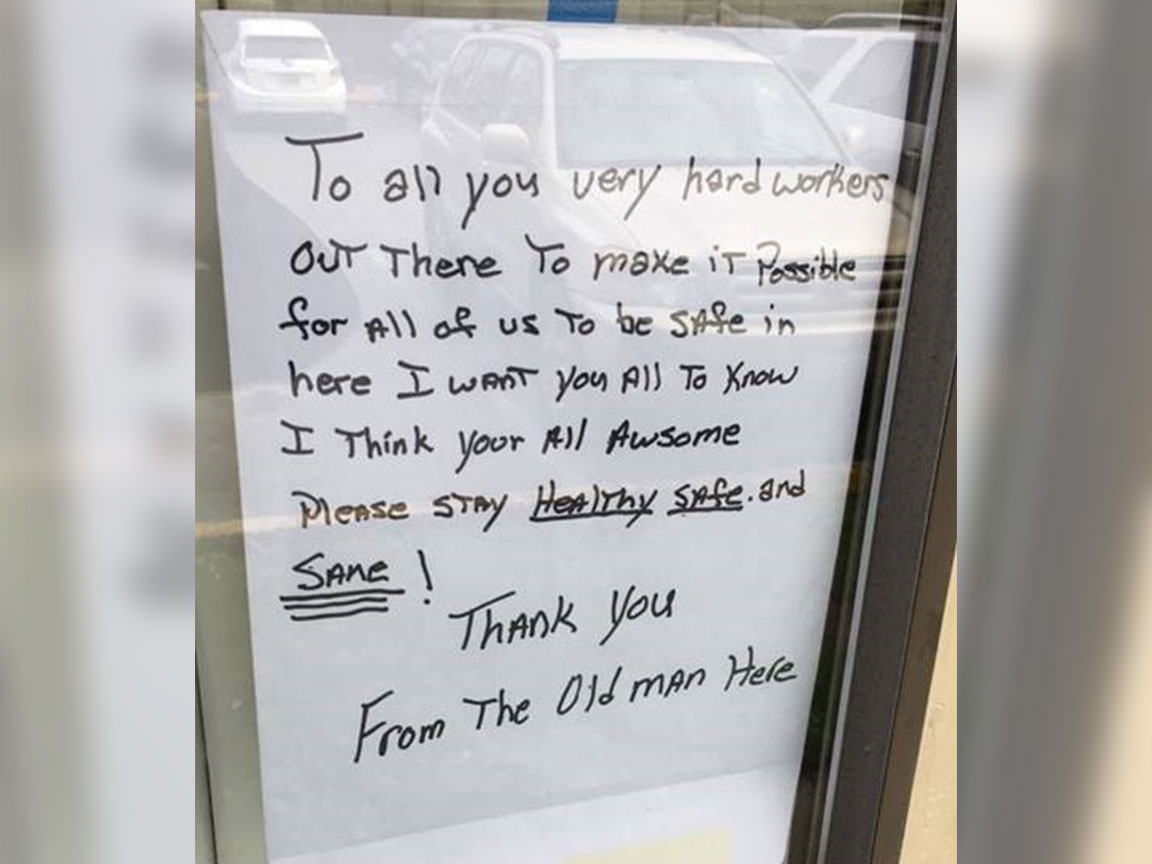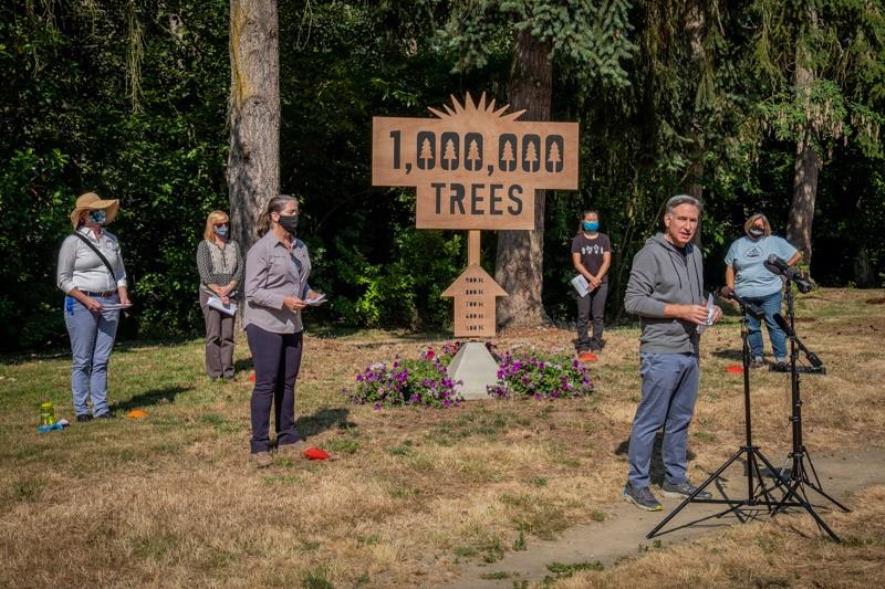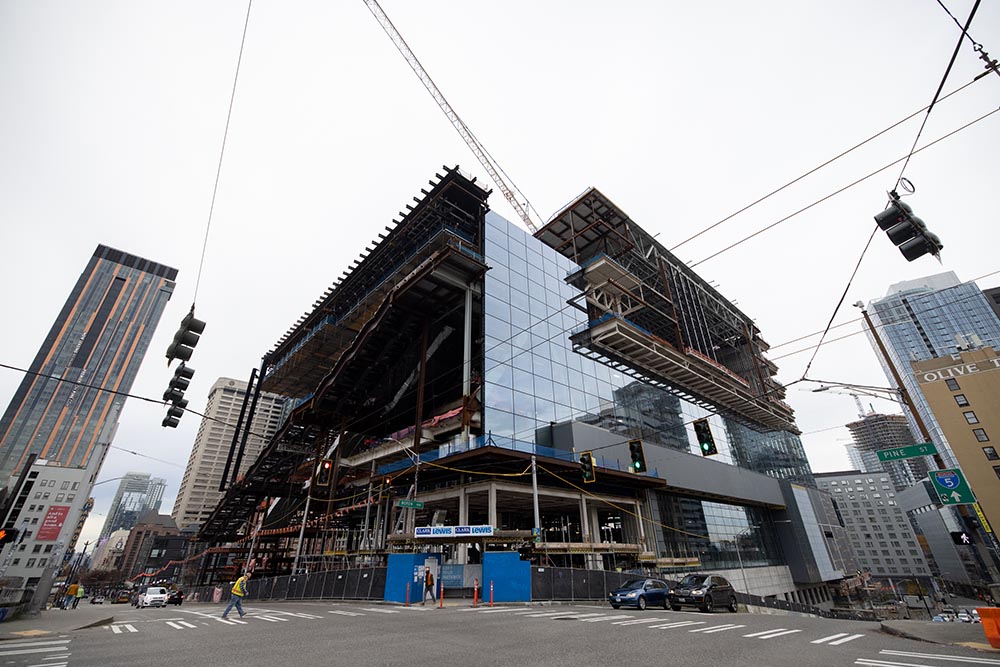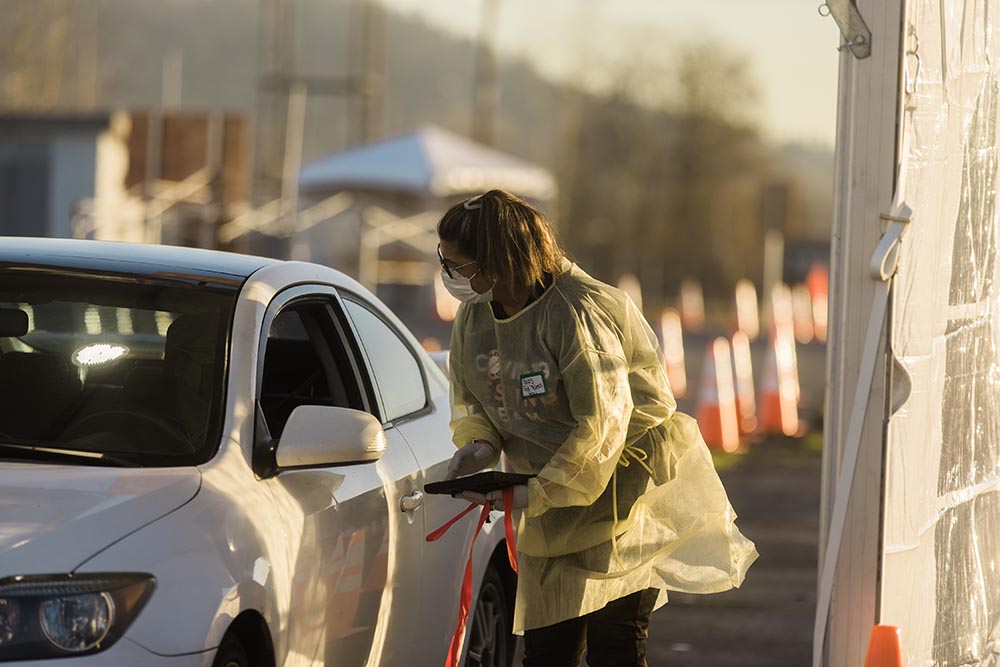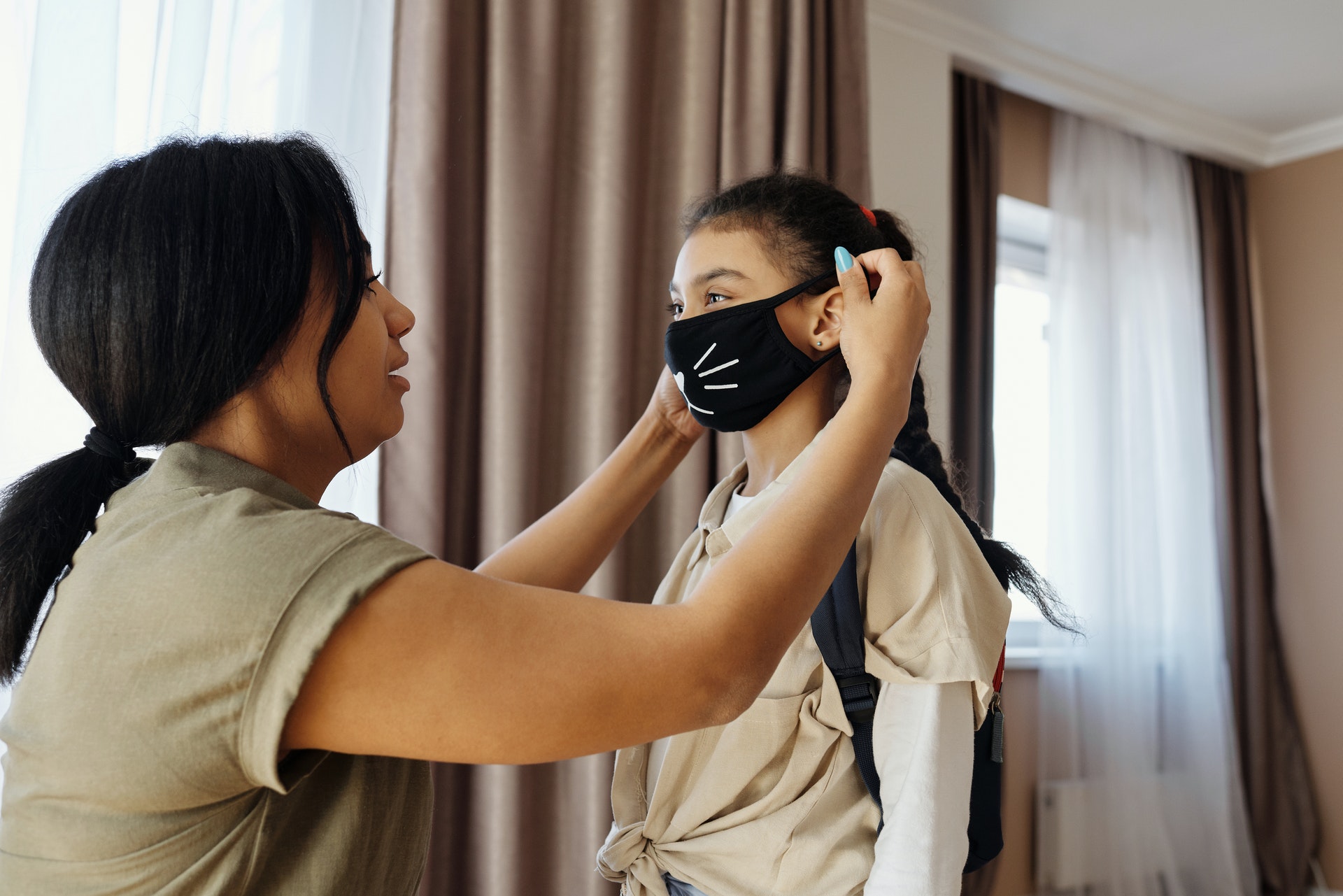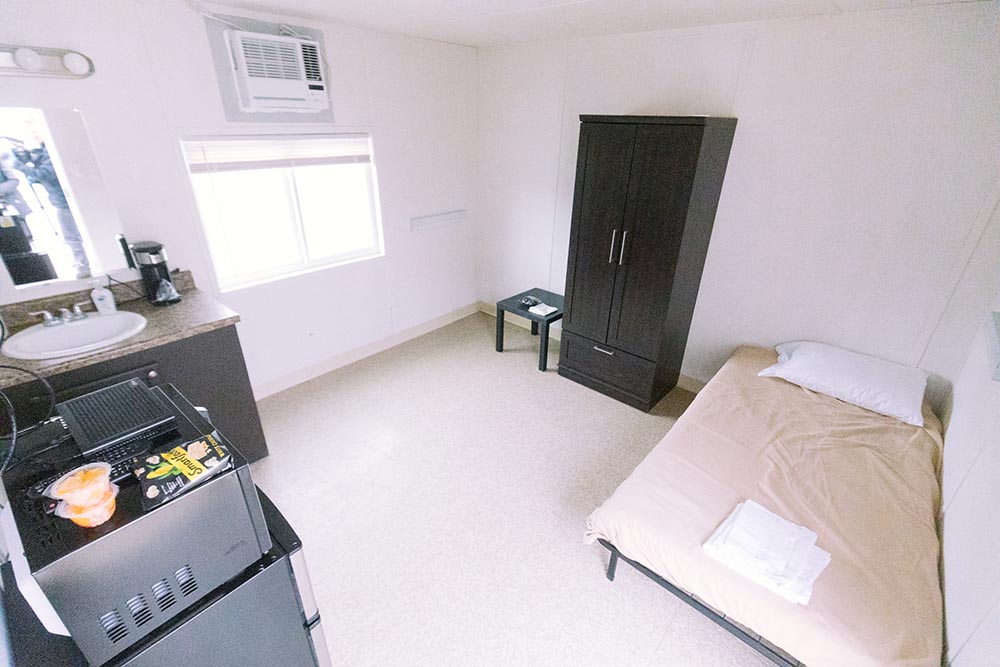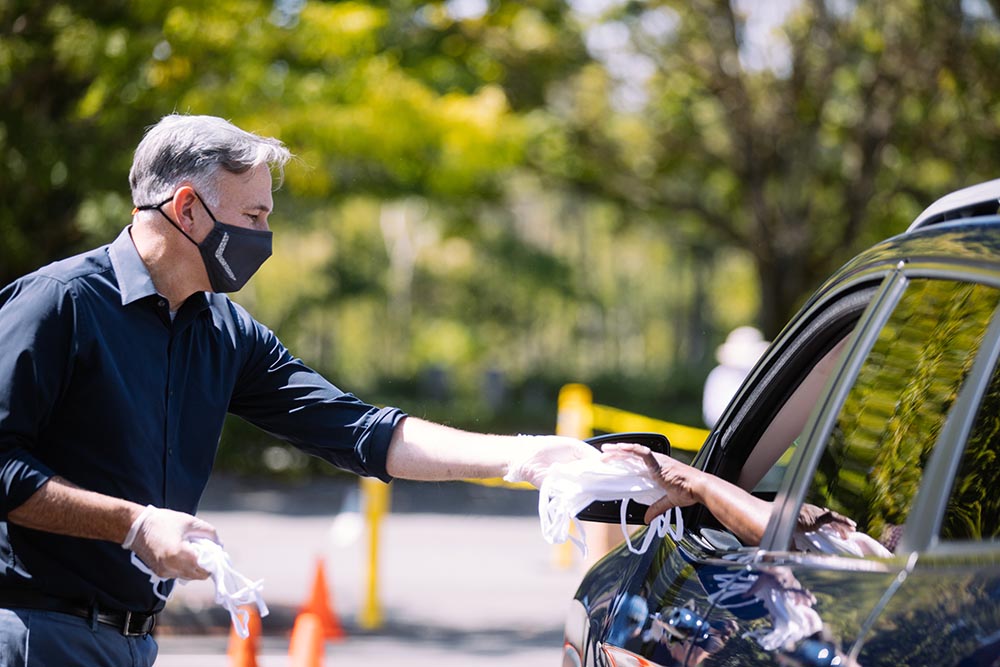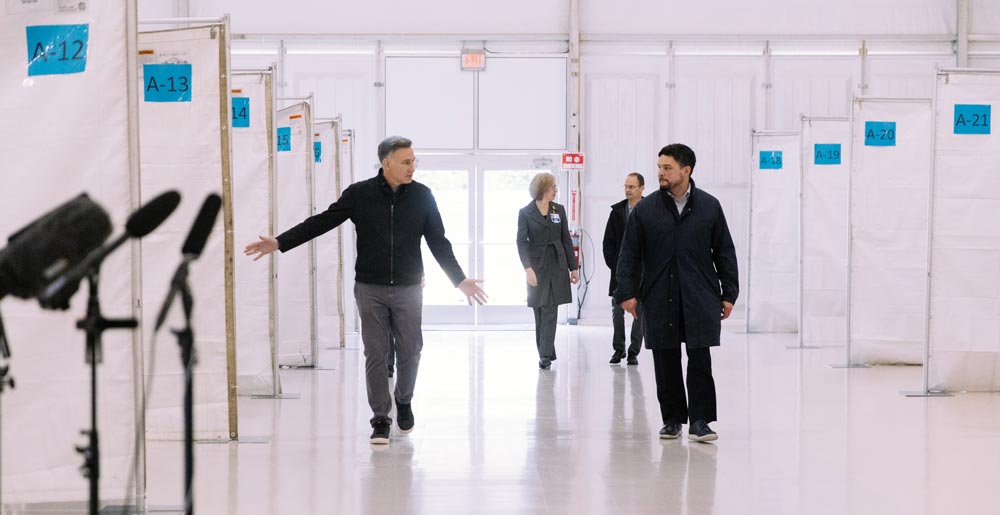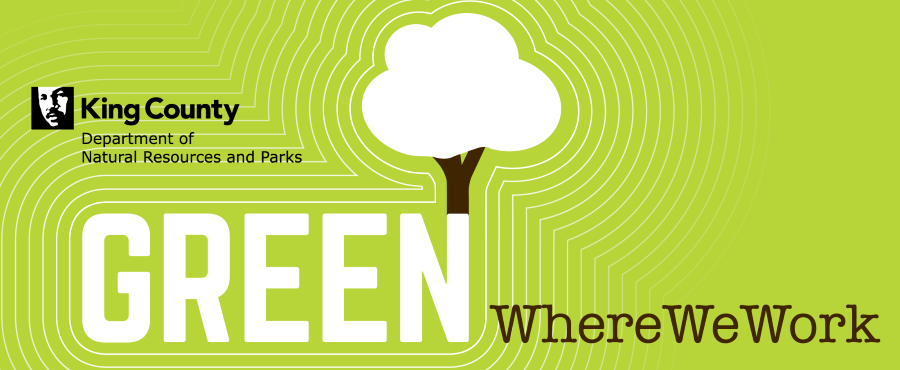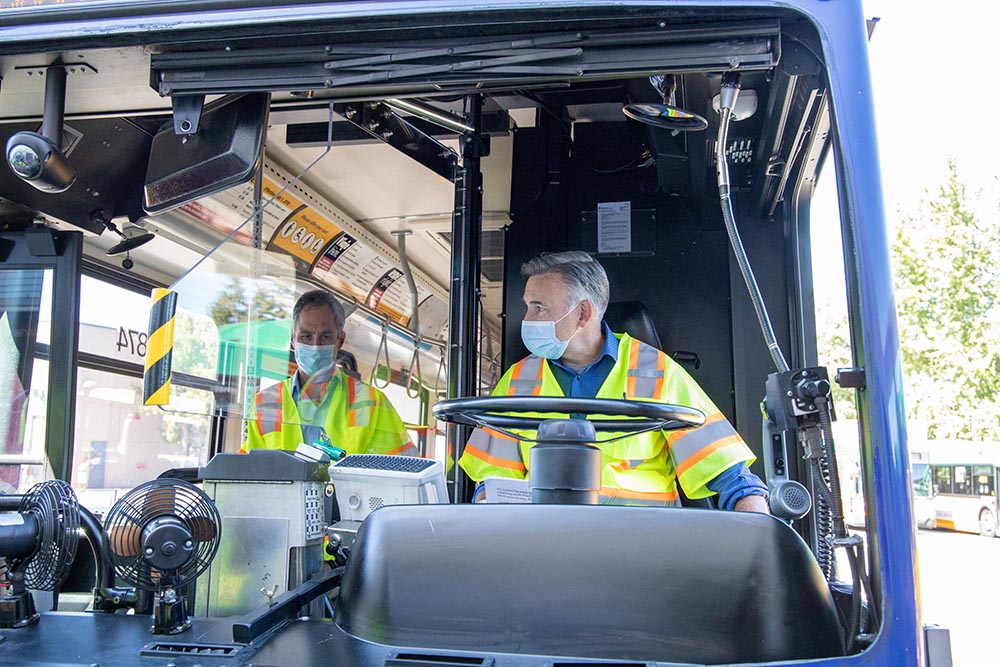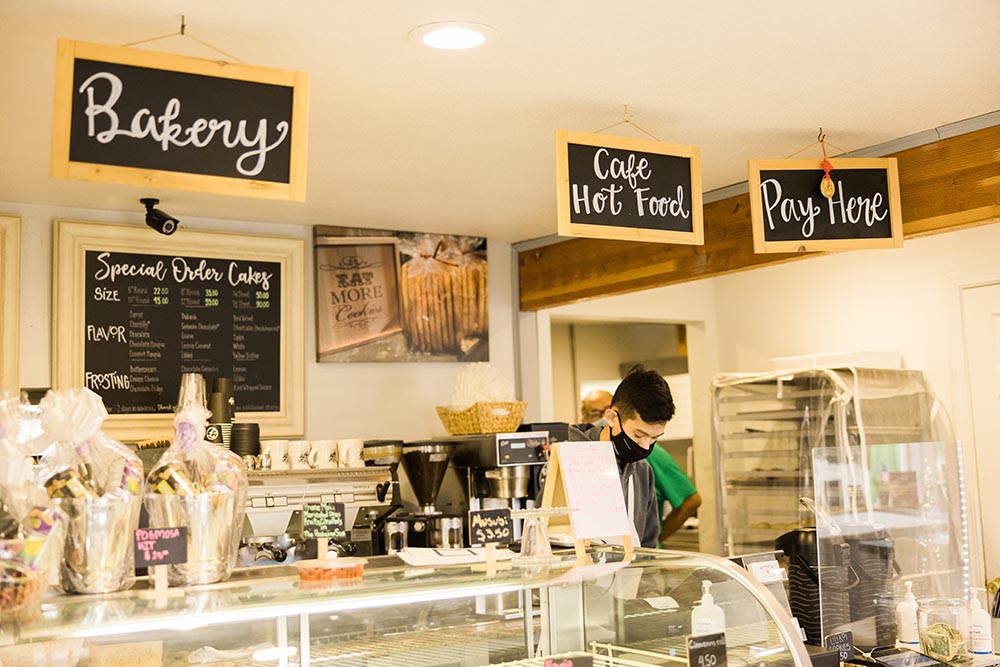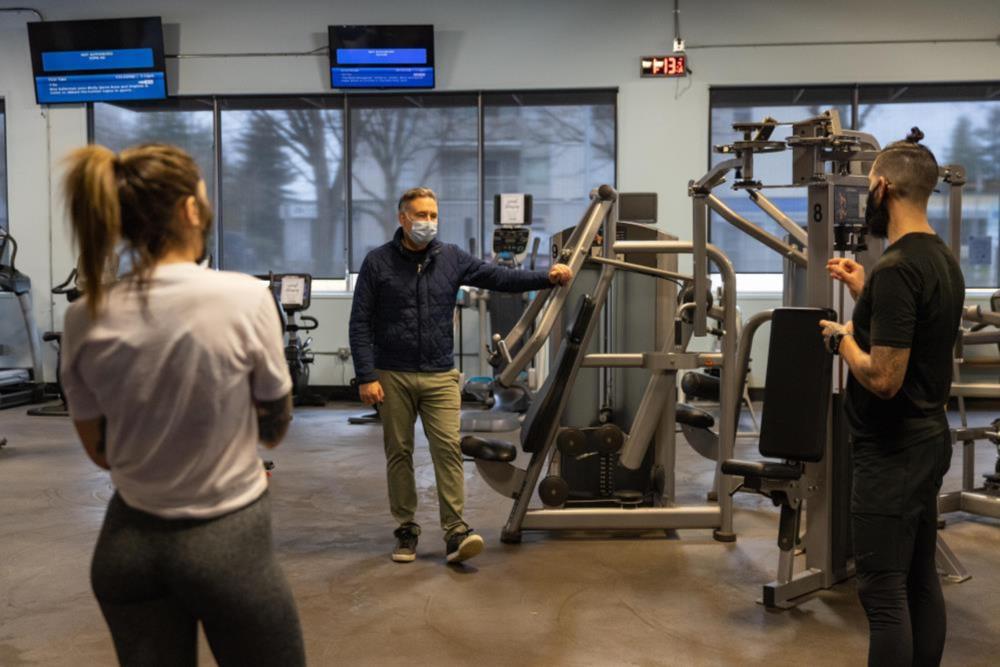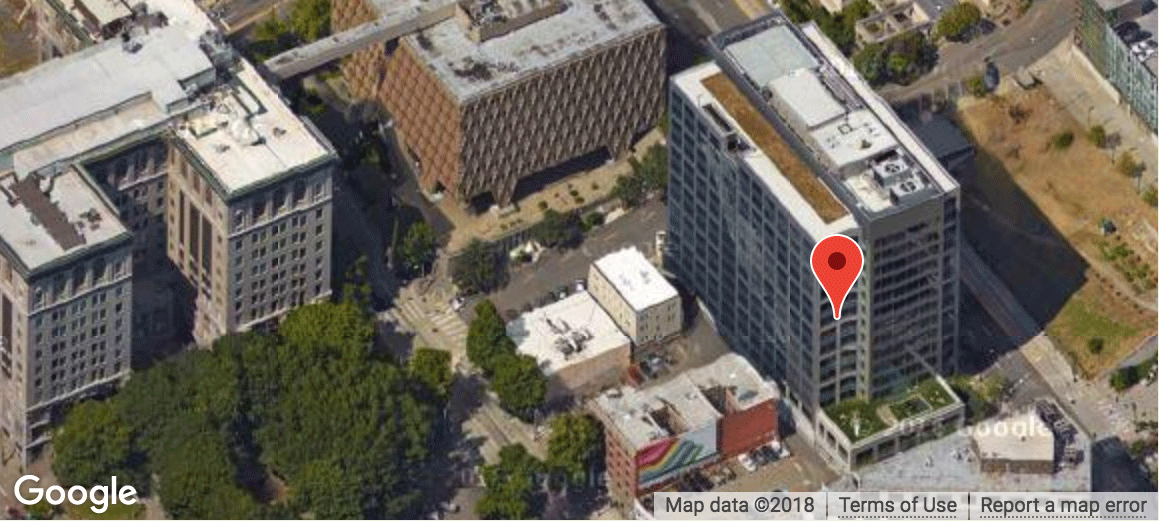Executive Constantine’s Top 20 Accomplishments in 2020
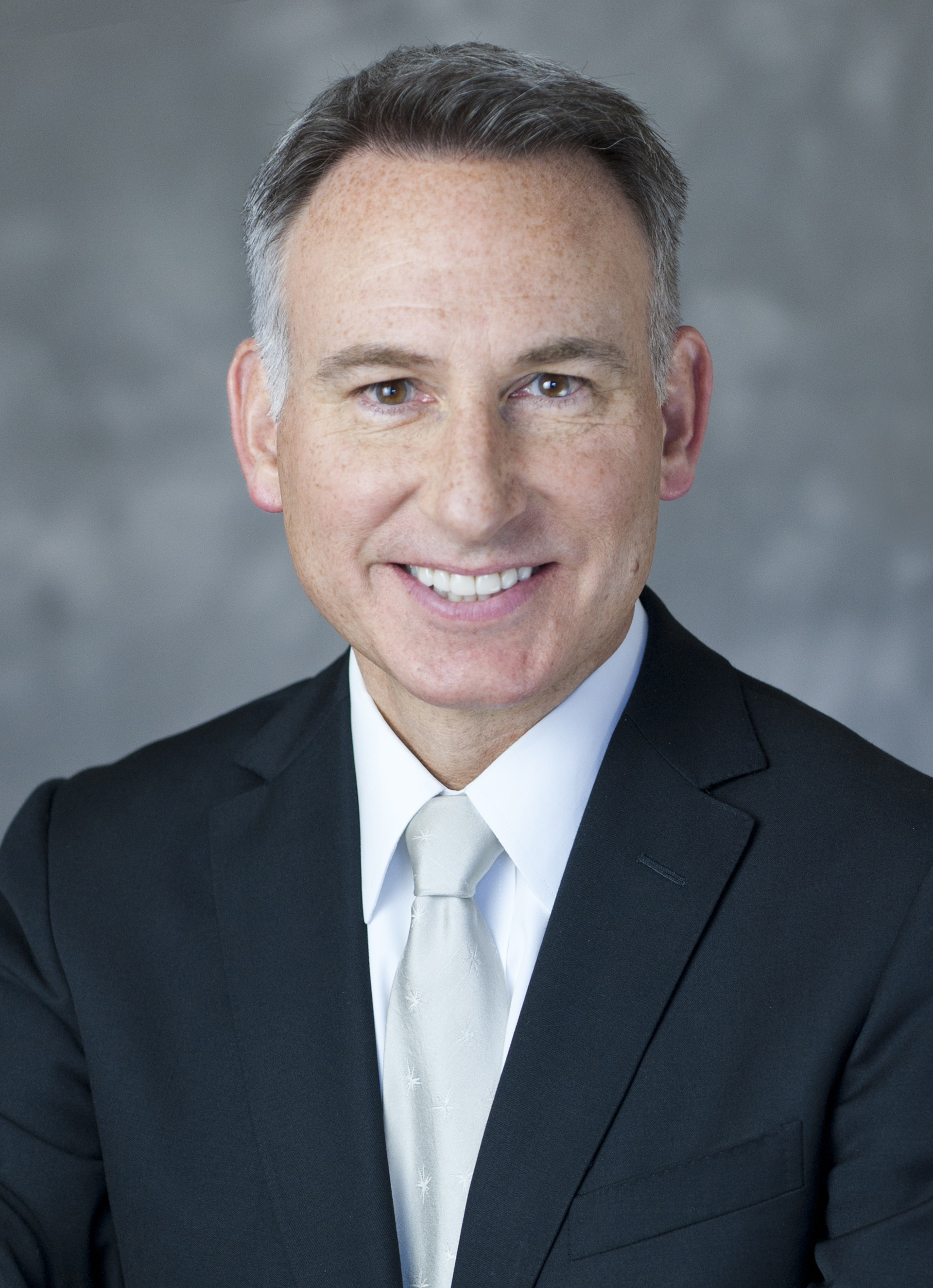
When we ended 2019, we had every reason to be optimistic, hopeful, and prepared for another year of growth in King County. But 2020 proved just how quickly things can change.
It’s no surprise that the COVID-19 pandemic has dominated our focus this year, as we led the response to the nation’s first outbreak of the disease. From setting up our medical command center even before the first confirmed case, to building isolation and quarantine recovery facilities, to distributing millions of masks to county residents, King County employees have been working to help those we serve to beat this disease.
That work was met with a strong, sustained commitment by the people of King County who did all they could to flatten the curve and slow the spread of the disease. An unparalleled public effort to wear masks, keep socially distant, and of course, wash hands, has so far kept our hospitals from being overwhelmed as we await vaccines sufficient to stop this disease.
But the crisis of public health was not the only challenge we took on this year. There was the accompanying economic shock, the stifling smoke of wildfires and, the nation-wide protests following the killings of more black Americans including George Floyd and Breonna Taylor - a long-overdue awakening to systemic racism that presents King County an unparalleled opportunity to elevate and accelerate our anti-racism work.
It’s no secret that 2020 has been an immense challenge, but I am so incredibly proud of the work we have done this year. As you read through just some of the highlights of our work, know that my 15,000 fellow King County employees and I will continue to make King County a welcoming community where every person can thrive.
Thank you as always for the opportunity to serve, and here’s to 2021 - which can’t get here soon enough.
Sincerely,
Dow Constantine
King County Executive
| King County Executive Dow Constantine |
 |
|
Read the Executive's biography |
|

 Translate
Translate

